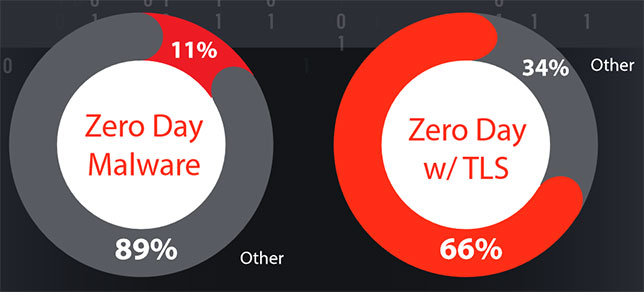
Overall malware declined in the second quarter of 2023, according to a new report, even as double-extortion ransomware grew substantially.
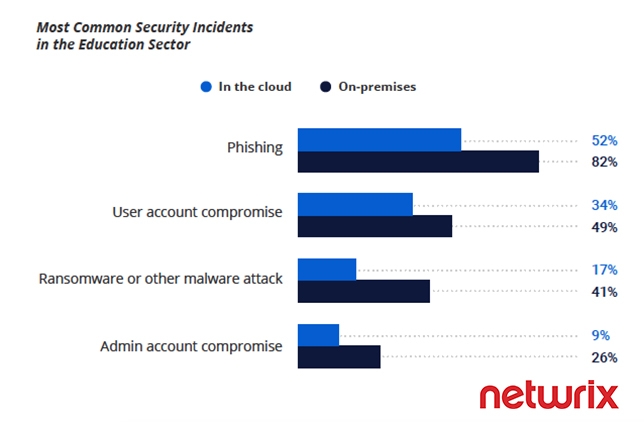
In three of four cyberattacks targeting education institutions over the last 12 months, IT and security practitioners surveyed by Netwrix cited compromised on-premises user or admin accounts as the attack pathway, according to a new report.

These session highlights offer the AI, data, and cybersecurity insights you need to navigate today's evolving technology landscape.
With the global cost of cybercrime set to top $10.5 trillion by 2025, according to Rose Gamble, vice president for research and economic development at the University of Tulsa (TU), the university has announced plans for the new Oklahoma Cyber Innovation Institute (OCII), which will identify, test and deploy solutions to meet the threat and train personnel to fill the need for expertise in this and other areas.
Virtual psychiatric care provider Talkiatry has announced a new partnership with mobile credential and payment provider Transact Campus that will make mental health support more available on college campuses, according to a news release.
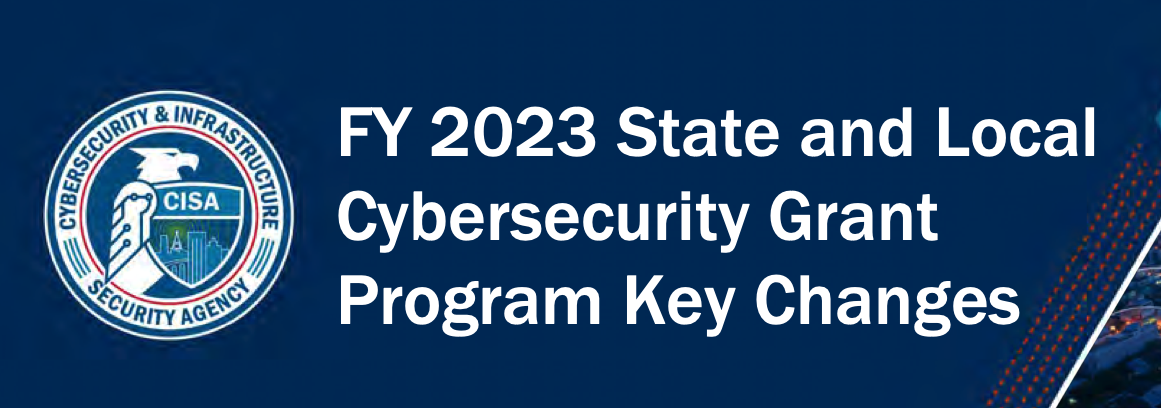
The Department of Homeland Security has added $374.9 million in grant funding to the State and Local Cybersecurity Grant Program administered by CISA and FEMA, as the program enters its second year, according to a news release.
In a recent blog post, cybersecurity company Proofpoint identified several e-mail scam campaigns targeting university student job hunters, promising interviews for lucrative jobs in biosciences, healthcare, and biotechnology.
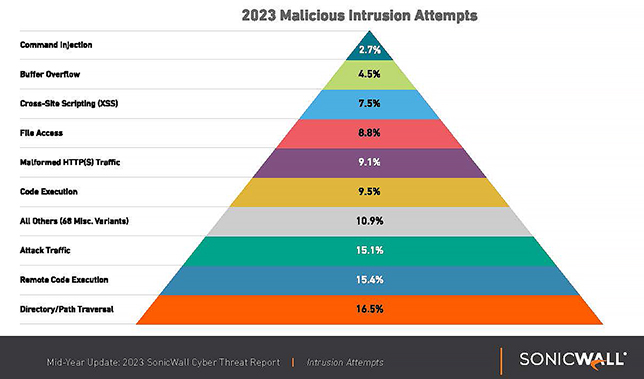
Higher education institutions in the United States are experiencing a “massive spike” in encrypted threats and cryptojacking so far this year, even as ransomware and unencrypted malware attacks have slowed, according to SonicWall’s 2023 Mid-Year Cyber Threat Report.
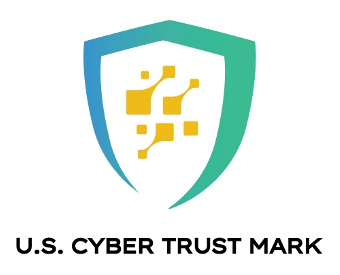
The Federal Communications Commission chairwoman has introduced a proposal to create a “voluntary cybersecurity labeling program” for smart devices, in an effort to boost transparency and protection against cyber threats in the growing Internet of Things market – a channel that cyber criminals are increasingly using to attack education institutions.
In the first quarter of 2023, a massive 93% of detected malware from encrypted web traffic and 70% of malware from unencrypted web traffic came from zero day malware, according to a new report from WatchGuard Technologies. And 51 new ransomware variants were detected.